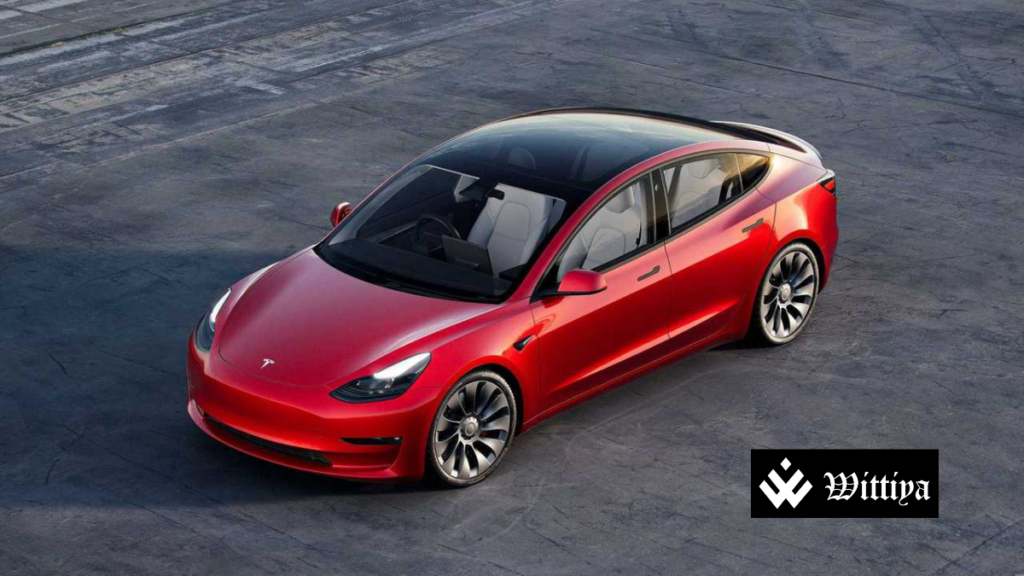Tesla is reportedly preparing for its entry into India, hiring staff and searching for showrooms in Delhi and Mumbai. The American EV giant faces challenges in India’s price-sensitive market, where Tata Motors leads with over 60% share. Tesla’s high prices, road conditions, and infrastructure gaps raise concerns, but government policies and tax incentives aim to attract foreign manufacturers.
Tesla Inc., the American electric vehicle (EV) giant, is reportedly making its long-awaited entry into the Indian market. The company has begun hiring for multiple positions in Delhi and Mumbai and is actively scouting for showroom locations. However, Tesla’s entry into the world’s fastest-growing major economy comes with challenges, including price sensitivity, infrastructure limitations, and regulatory considerations.
Tesla, led by CEO Elon Musk, is known globally for its cutting-edge EV technology and premium models. Despite its global success, the Indian EV market is currently dominated by domestic players like Tata Motors, which holds a market share of over 60%, and MG Motors, co-owned by JSW Group, with a 22% share. Tesla’s base model is expected to cost around $40,000, significantly higher than most EVs sold in India, making it a luxury offering rather than a mass-market contender.
Price Sensitivity and Infrastructure Challenges
India’s EV sector remains price-sensitive, with most electric vehicles priced at less than half of Tesla’s expected entry-level price. Additionally, India’s road conditions pose an engineering challenge for Tesla vehicles, which have low ground clearance. Modifications to suit Indian roads would add to production costs, raising concerns about affordability.
Moreover, India’s EV infrastructure, though improving, still lags behind developed markets. The country has around 25,000 charging stations nationwide, far fewer than required for widespread EV adoption. This lack of infrastructure could impact Tesla’s growth in the market.
Government Incentives and Policy Support
The Indian government has actively promoted EV adoption through subsidies and policy reforms. India has set ambitious targets for EV penetration by 2030, aiming for 30% of private cars and 80% of two- and three-wheelers to be electric. The government has also reduced import taxes on EVs for global automakers willing to invest $500 million and begin local production within three years.
Under the new policy, imported EVs priced above $35,000 can enjoy a reduced import duty of 15% on up to 8,000 vehicles annually. This tax cut could ease Tesla’s entry, but it also raises concerns among Indian automakers about fair competition.
Will Tesla Set Up Manufacturing in India?
Despite the incentives, Tesla has not yet confirmed plans to establish a manufacturing unit in India. Industry experts believe that Tesla may initially focus on importing vehicles and assessing demand before committing to local production. Given India’s price-sensitive market, a locally manufactured, cost-effective Tesla model could significantly boost its chances of success.
The company’s decision may also be influenced by geopolitical factors, including trade negotiations between India and the U.S. Former U.S. President Donald Trump recently criticized Tesla’s potential India expansion, calling it “unfair” to American manufacturing. Whether this impacts Tesla’s long-term India strategy remains to be seen.
The Road Ahead for Tesla in India
While Tesla’s entry into India generates excitement among consumers, its success will depend on several factors, including pricing, localization efforts, and infrastructure expansion. For now, Tesla seems poised to establish a presence in India’s luxury EV segment, but its ability to scale up and compete with domestic manufacturers will be the real test.



